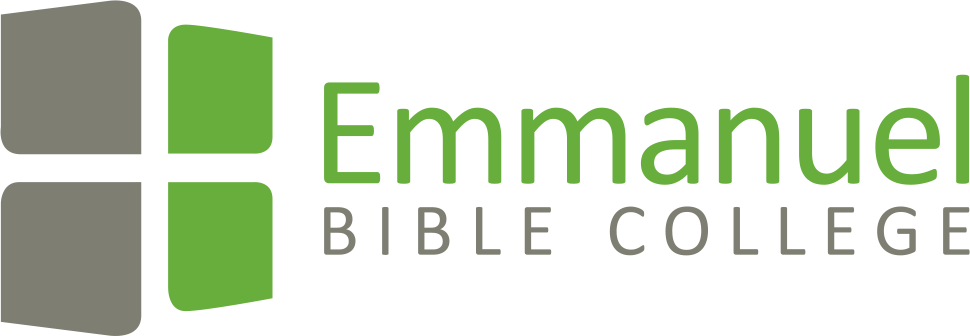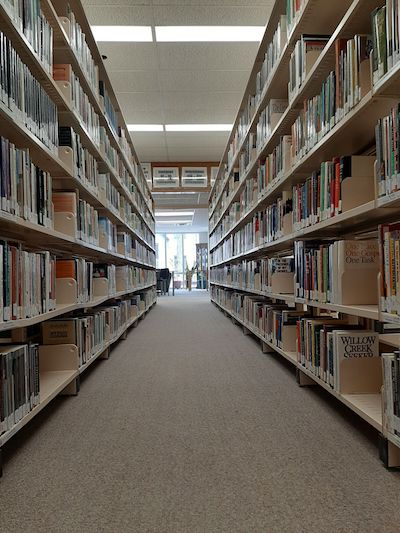October 29, 2020
This semester the Library is making some important innovations to its operations.
In the spring, the onset of the COVID-19 pandemic necessitated the shutdown of libraries across the world, eliminating many people’s access to important resources. This urgent problem gave rise to a number of significant controversies as organizations quarrelled over what could be done to mitigate the access restrictions. A major bone of contention has been the National Emergency Library.
Students of universities and colleges were among those most affected by the restrictions, since many rely on hard-copy resources for the fulfillment of their academic requirements. This is true at Emmanuel, since theology and related disciplines involve the extensive use of books, such as biblical commentaries and systematic theologies, that have more commonly been purchased in hard copy than in digital formats.
In spite of the difficulties, Library Manager Ruth Anne Thornton has been adapting creatively so that the Library can serve the needs of students without resorting to controversial methods. At present, the Library building is open to students, with limitations and safety measures in place, as a place for quiet research. For safety reasons, students are not allowed to browse the bookstacks, but they can easily request books for pickup. Those who do not live close to campus may request to have a box of resources shipped to their home.
However, as Thornton acknowledges, the present challenges for libraries go beyond mere access to books; there are, for example, barriers for students as they look for resources they want to access. In the past, Library staff gave in-person tutorials on how to use online tools for finding books and articles, and when students located a book on their topic of study, they could browse the shelf for related books. Today, those options are not available—but Thornton shows that there are alternatives that can enable students to conduct solid academic research. Video tutorials are now available, and sophisticated features of the online catalogue allow students to browse the stacks virtually.
During this pandemic, e-books have also become increasingly important, since they do not require in-person access to a brick-and-mortar library. Fortunately, the Emmanuel Library has a collection of e-books, and it is currently looking into enhancing this collection. The availability of these electronic resources allows students to embrace this format while benefiting from a curated selection of quality publications.
Amidst these adaptations, Emmanuel has retained its personal touch. While Thornton is no longer having extended discussions with students at the checkout counter, she has been checking in with students to offer research support. These interactions are an important reminder that research, like theology and Christian ministry, is best conducted within a community context that provides encouragement and challenge.

